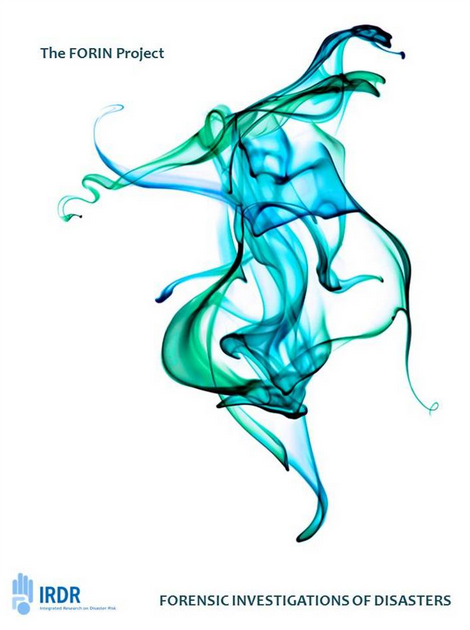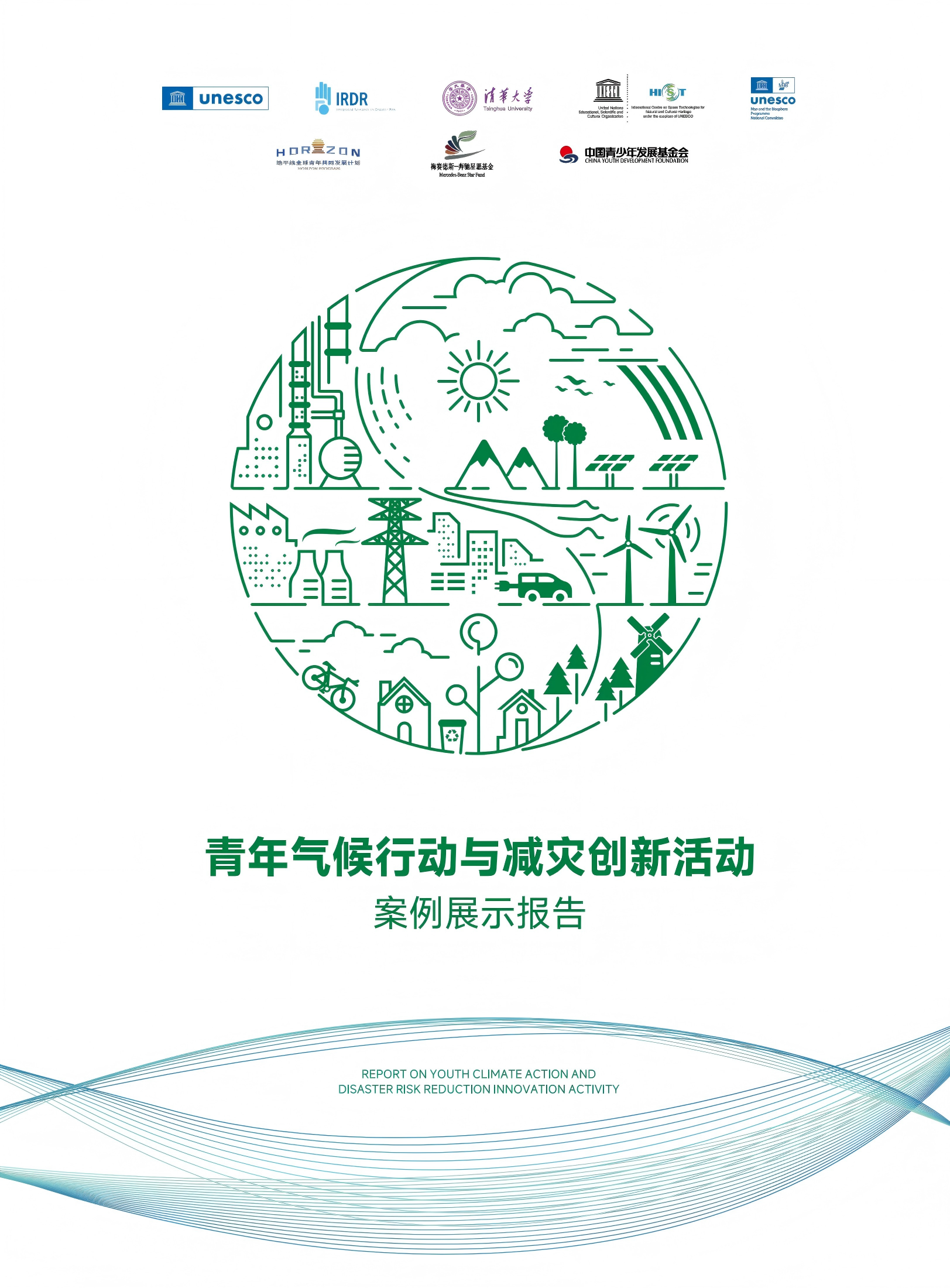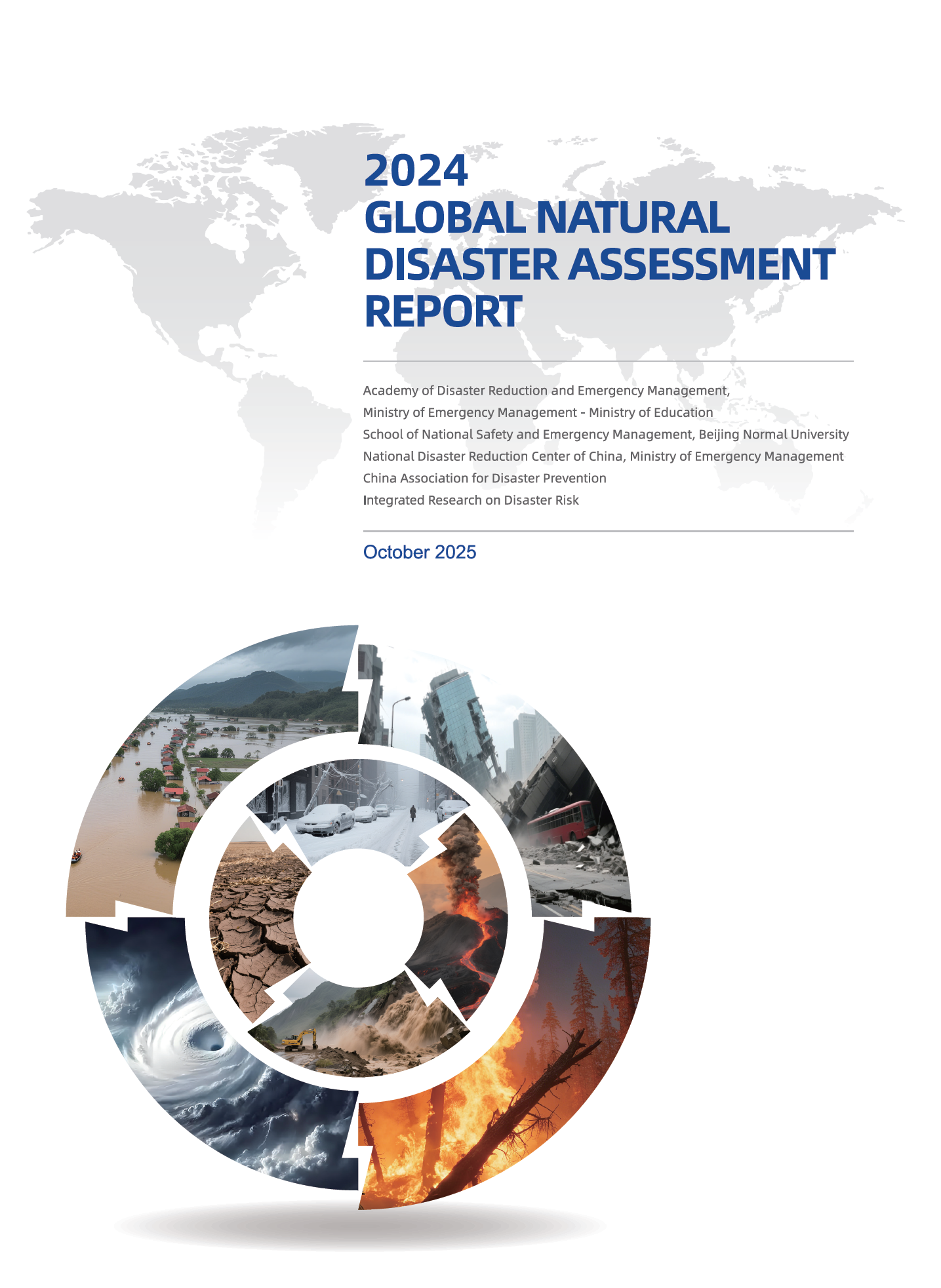Our knowledge of the causes of disasters and how to effectively manage disaster risks has grown considerably in recent years, but to judge by results it remains seriously inadequate. Moreover, the considerable amounts of information that are available are not being adequately deployed, nor effectively used and implemented. A more demanding and penetrating approach to understanding the actual causes of a disaster would potentially go a long way in supporting future evidence-based decision-making, as well as increasing accountability for responsible policy-making in disaster risk reduction.
This document sets out the objectives, concepts and methodological guidelines and suggestions for the design and conduct of a set of internationally organised case studies of disasters – the Forensic Investigations of Disasters (FORIN) – as part of the Integrated Research on Disaster Risk (IRDR) programme.
The use of the term “forensic” investigations should not be taken to imply that lessons and insights and new understandings can only be derived from “failures” or cases where mistakes can be identified. Here, we use the word “forensic” to signify systematic, probing and dispassionate investigations, rather than suggest links with morbidity, post-mortems or criminal detective work.






